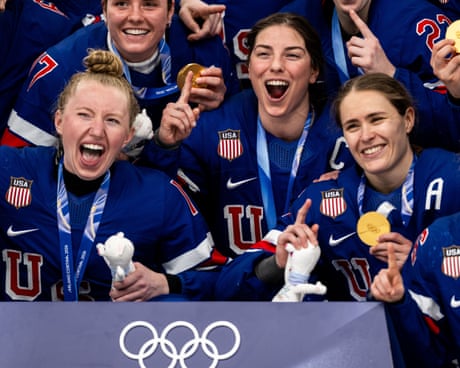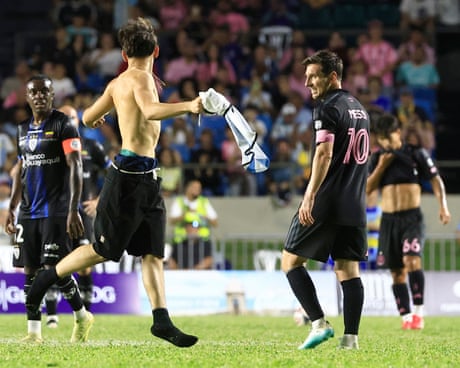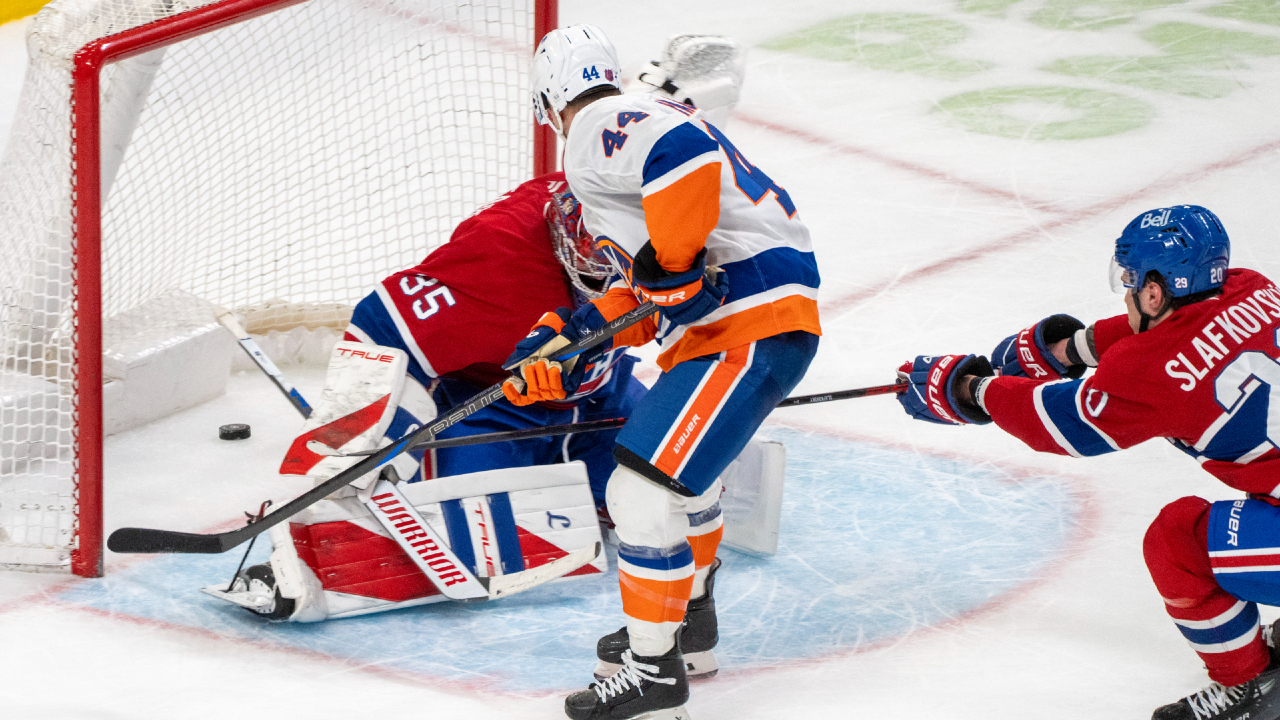
Toronto Raptors general manager Bobby Webster has a lot of things to figure out and a limited amount of time to get it all done.
Not all problems are created equal.
Unable to play in Toronto due to the COVID-19 pandemic, Webster’s club is in the midst of building out a temporary home in Tampa Bay on the fly — including a world-class practice facility in a hotel ballroom — with barely three weeks until the 2020-21 season is due to start.
Important? Absolutely.
He’s also trying to navigate a tightrope, which features fairness and due process on one side, and the team’s progressive reputation for actively supporting women and their role in and around professional sports on the other.
The issues could potentially be in conflict as second-year guard Terence Davis continues to train with the team after being charged and investigated for an off-season domestic assault situation. The Raptors guard is alleged to have hit his girlfriend in the face and knocked over her toddler in the process.
Under Raptors president Masai Ujiri — who has yet to comment on the Davis issue — the club has worked to be seen as leaders as it relates to the roles of women within a professional sports organization. The club was proud that vice president of basketball operations Teresa Resch and assistant coach Brittni Donaldson were two of 14 women to earn championship rings with the Raptors in 2019. Their diversity, the Raptors argued, was a key to their success.
But so far, as they try to get settled in Tampa, the Raptors seem to be doing better with the logistics of starting from scratch in a new city than keeping their reputation scratch-free.
In his first comments since Davis was charged after the altercation in a New York City hotel room in late October, Webster attempted to explain Davis’s continued presence with the team as a matter of due process: under the NBA-NBPA Joint Policy on Domestic Violence, the entire matter — from eventual discipline to issues like putting a player on paid leave of absence — is handled by the office of NBA commissioner Adam Silver.
That Davis is in Tampa in advance of training camp is the league’s decision, Webster seemed to be saying.
But the questions got harder and Webster faltered.
Toronto Sun columnist Steve Simmons pointed out that, given the Raptors’ progressive reputation, having Davis with the team (he was even included for discretionary events like their volunteer mini-camp in Los Angeles last week, for example) could make them seem hypocritical.
“We’ve spoken at length with Terence — multiple people in our organization,” Webster said. “Obviously we wouldn’t make the decision if we weren’t comfortable with the information that we had. Obviously, it doesn’t preclude us from getting new information that will come out in the future for us to make a decision. But we felt we were thorough on our end.
“ … You know us, we take this incredibly serious,” Webster continued. “There’s no basketball issue that would ever prevent us from doing anything [with regard to his role with the team], but we also have to go with our relationship and our understanding of the conversation and what happened.”
Clearly Webster’s hands are tied, to some degree. Any disciplinary action taken before the league’s investigation is concluded — which likely won’t happen until after Davis’s Dec. 11 court date at the earliest, one would assume — would be grieved by the players’ union.
And clearly the Raptors feel the need to be fair to Davis as this all plays out, or at least they’ve been comfortable to do so. The club picked up the non-guaranteed second year of Davis’s contract on Sunday. The logic was that failing to do so before the investigation finished would have triggered a grievance from the players’ union.
But it would have sent a message, regardless. So would keeping Davis at a distance during discretionary team events.
It might have been construed as a different kind of leadership.
But Webster seems to have shown some of his cards, at least in implying that the club believes they were “thorough” in their own inquiry. And that rather than keep Davis at arm’s length for now they have decided to keep him as part of the group — “we also have to go with our relationship and our understanding of the conversation and what happened.”
It’s not hard to read between the lines and conclude that Davis — arguably the team’s most promising prospect based on a strong rookie season for the undrafted shooting guard — has already been given the benefit of the doubt, well before his court date.
To the extent something happened between him and his girlfriend, it could be implied, it was relatively minor — if there is such a thing as a sliding scale for domestic violence.
And who knows, maybe there are grounds for that. Former Celtics guard Jabari Bird was instantly placed on paid administrative leave just prior to training camp after he physically assaulted a girlfriend, attempted to strangle her and confined her to his apartment. Bird was eventually traded and waived and has yet to return to the NBA.
That the league — which holds most of the cards for the moment — hasn’t limited Davis’s contact with the team could be telling.
But at least until the investigation into what happened between Davis and his girlfriend is concluded — either by the legal system or by the NBA — a wiser path for the Raptors would be to avoid implying that Davis’s word is good enough for them and to get him on the floor in as routine fashion as possible.
There is a lot going on and a balance to be struck, but on the Davis matter the Raptors seem to have already shown their hand.






